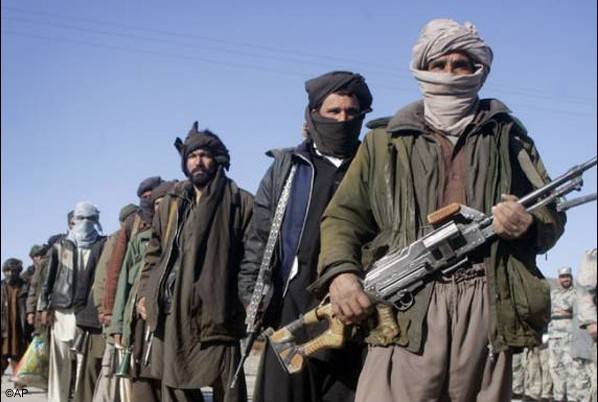PESHAWAR- A struggle for power between Pakistani Taliban commanders divided over whether to talk to the government has erupted in violence with dozens of fighters killed along the Afghan border over recent weeks, security officials said.
It is unclear if the fighting will weaken an insurgency aimed at bringing down the nuclear-armed state but the security agencies will be hoping to turn the bloodshed to their advantage.
The violence is between rivals in the Mehsud tribe, one of numerous ethnic Pashtun groups that straddle the Afghan-Pakistan border who have for generations battled outsiders to preserve their autonomy, and often each other over feuds.
The Pakistani Taliban, a loose alliance of militant groups drawn largely from Pashtun communities, have been fighting for years to overthrow the government and impose strict Islamic law.
The rivals are from the same sub-group of the Mehsuds, a tribe based in the South Waziristan region that provides the Taliban the bulk of their money and many of their fighters.
On one side is a commander called “Sajna”, who is in his mid-thirties and acts as an arbitrator for the Taliban in Karachi, and controls lucrative extortion rackets there, said an analyst with extensive contacts in the insurgency.
Sajna supports peace talks with the government of Prime Minister Nawaz Sharif, Taliban commanders said. But his rival, Shehryar Mehsud, is against the tentative talks that began in February.
"We will continue attacks even if they sign a peace agreement," the commander said, adding that his men had killed 20 of Sajna's fighters and razed a dozen of their training camps in South Waziristan in the past week.
Mehsud recently returned from Afghanistan, where he spent years in exile after quarrelling with previous Taliban leaders. He has access to foreign money and thinks he should lead since he comes from a prominent family, a militant insider said.
The fighting underscores the difficulty of trying to negotiate a peace deal with an insurgency that has no unified command, an analyst said.
"The Pakistani Taliban are unlike the Afghan Taliban. They are a loose alliance, they have no central command," said author Ahmed Rashid, an expert on the militants. "Exactly who are we talking to? This is a question Nawaz Sharif has never answered."
Such bloody rivalry is not uncommon. The current violence is rooted in a conflict between the previous leader of the Pakistani Taliban and his deputy, who were killed in separate attacks by missile-firing U.S. drones last year.






